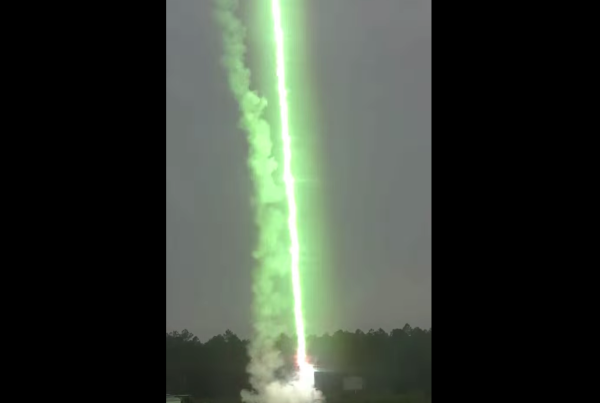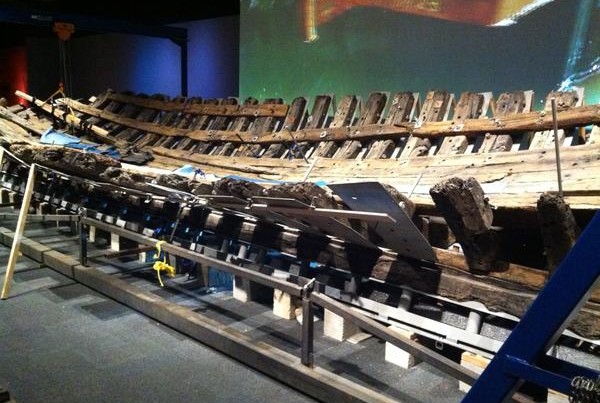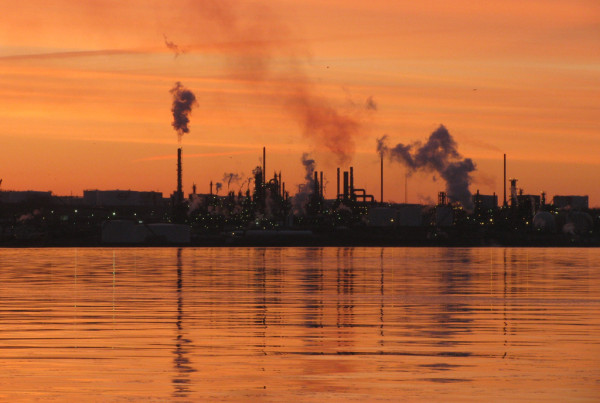Oil prices have been trending upward over the past few weeks, which is good news for many Texas energy companies. But some are warning that perhaps those energy companies might not want to count those chickens or profits just yet.
Ed Crooks, U.S. Energy and Industry editor for the Financial Times, joins the Texas Standard to talk about why companies are drilling oil wells, but holding off on fracking.
“There’s a benefit – it’s that global demand has been getting back to where it’s been,” Crooks says.
“Absolutely the biggest thing is that people have been looking at the absolute collapse in drilling activity, and people are thinking, ‘well, that’s got to effect drilling productivity right?’”
That forecast isn’t at all right according to Crooks. The frack-log, or the fracking industry backlog in development of new wells, Crooks says isn’t at all what consumers tend to think of when it comes to the decreased oil prices and companies continuing ahead with drilling new wells.
“A frack-log is the fracking backlog,” Crooks says. “Basically, if you want to bring a well into production there’s two things: first of all you drill it, then you frack it. Obviously, that’s been important for these shale wells that’ve been in production in the U.S. oil boom we’ve had in the last five years or so.”
Crooks says higher demand in Asia and a limitation on drilling in Libya has helped push the market up, but there’s an increase in companies drilling wells – especially fracking wells that has continued to help control demand – and will keep it lower for the time to come.
“But you don’t need to do those two steps one after the other,” he says. “You can drill your wells first and then you can leave it for quite a while without actually fracking it.”
That can make sense depending on the insights of the industry. Companies can drill as many wells as they may get a license for, but choose not to drill them, or frack them until well after oil prices have regained their peaks.
Crooks says that depending on what the market looks like, that can make sense for a lot of companies across Texas.
“People think that if we get, not much higher than this, if we get into the $65 area, then you’ll see this frack-log begin to get used up,” Crook says. “We’ll bring those wells on, you’ll end up bringing that supply onto the market, and we’ll get that to hold prices down and that’ll prevent prices from getting back up to $100.”
Oil producers and refineries may be looking to develop those frack-logs in the near future, if oil ends up hitting 2013 highs again.














